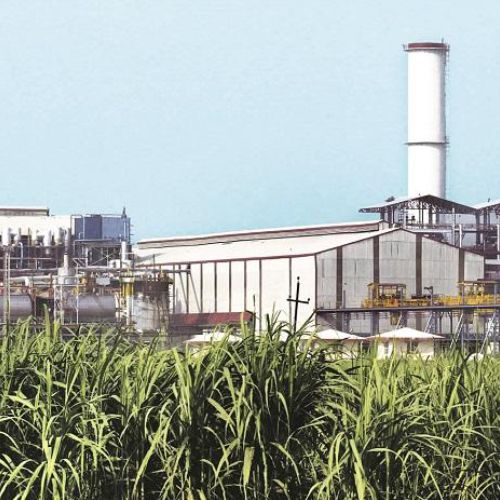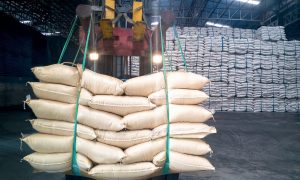Cooperative sugar mills to get priority in ethanol supply, setback for private sugar mills

State-run oil marketing companies (OMCs) have invited tenders for 88 crore litres of ethanol for the fourth quarter of the 2024-25 ethanol supply year. Cooperative sugar mills (CSMs) are prioritized, followed by dedicated ethanol plants (DEPs) and private sugar mills. This move supports cooperatives, benefiting Maharashtra’s mills, but private mills are concerned. India’s ethanol blending reached 14.6% in 2023-24, targeting 20% by 2025.
State-run oil marketing companies (OMCs) have issued tenders for the supply of approximately 88 crore litres of ethanol for the fourth quarter of the ethanol supply year 2024-25. According to the terms, cooperative sugar mills (CSMs) will be given first preference for ethanol supply. Dedicated ethanol plants (DEPs) will be prioritized next, while private sugar mills have been placed third in the priority order.
Prakash Naiknavare, Managing Director of the National Federation of Cooperative Sugar Factories Limited (NFCSF), told Rural Voice that in the new tender for ethanol supply by OMCs, Cooperative Sugar Mills (CSMs) under NFCSF will be given first preference of allocation. He described it as a step taken in the interest of cooperative sugar mills. Naiknavare says that the cooperative sector needs to be supported in the same way.
As per the tender terms, Dedicated ethanol plants (DEPs) with valid Long-Term Offtake Agreements (LTOAs) with OMCs, and declared commissioned in compliance with LTOAs, will receive second preference for allocation, up to the annual offtake quantity specified in the LTOA, prorated quarterly. The remaining quantity, after the preferential allocation to CSMs and DEPs, will be offered to other bidders based on the allocation methodology and criteria.
Cooperative sugar mills have welcomed these terms of the tender for ethanol supply. However, private sugar mills producing ethanol are unhappy with this. Maharashtra has most of the cooperative sugar mills which will get the most benefit from this decision. This move of the government is being seen as an incentive being given to cooperatives. Private sugar mills have raised concerns over the prioritization terms outlined in the process.
Increase in Ethanol Production Capacity
The central government aims to achieve 20 percent ethanol blending in petrol by 2025. By the end of 2023-24, ethanol blending had reached 14.6 percent, aligning with the target. Ethanol manufacturers have proposed supplying more ethanol than the amount invited by OMCs. This is due to the significant increase in the capacity for grain-based ethanol production alongside sugarcane-based ethanol. India’s ethanol production capacity now exceeds 1,600 crore litres per annum. With supply outpacing demand, OMCs have introduced prioritization for ethanol supply.
To meet the ethanol blending program’s targets, sugar mills and ethanol producers nationwide have made substantial investments in distilleries and capacity building. However, private sugar mills and DEPs have faced setbacks due to the preference given to cooperative sector mills. After sugar, ethanol is the primary source of income for sugar mills.
OMCs have invited tenders for 916 crore litres of ethanol for the 2024-25 ethanol supply year (ESY). Proposals received exceed 970 crore litres, with approximately 60 percent being grain-based ethanol and 40 percent sugarcane-based ethanol. Ethanol is produced from various sources, including sugarcane juice, sugar syrup, B-heavy molasses, C-heavy molasses, maize, and spoiled grains
To read more about Ethanol Industry & Bio Energy News, continue reading Agriinsite.com
Source : Rural Voice














